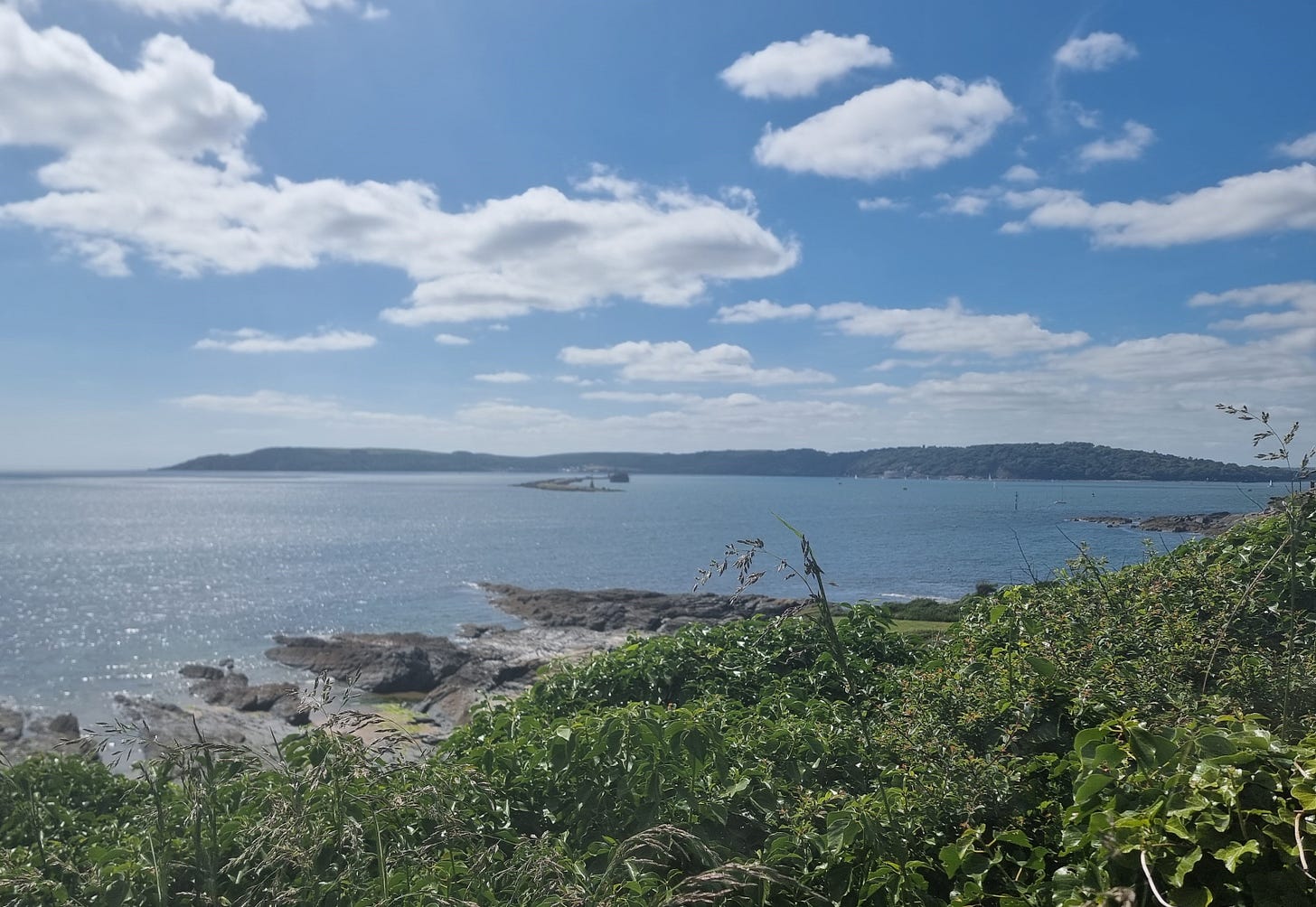How Time Heals
In October last year, I was invited to collaborate with Erik Knudsen on his latest feature film, Goodwin Island (One Day Films). I was very excited to take up this opportunity – as an academic-practitioner who has worked critically across disciplines for the past decade or so, developing and producing two songs for the film’s soundtrack was a project I knew I would enjoy.
The creative process was, in a sense, very every day. Erik provided me with access to the rough cut of the film, which I watched several times over the course of a week. I let the story, the characters and their complex relationships sink in, and when I felt I knew them – at least knowing Daniel – I began to think about the songs and lyrics that would work with the plot, perhaps offer a sideview, a reverse angle as it were, in a subtle way that would not disrupt the films narrative. This was a challenge; not only was it the first time I had been invited to work on a film soundtrack, it was a case of realigning my creative practice to the true margin, away from the central space. This was a curious balancing process. The results were ‘Panic’ (which some of you may know from a previous life), and ‘How Time Heals’. It is ‘How Time Heals’ that this article will focus on.
For me, watching the film drew out something about trust, religion, relationships, and reflecting on one’s own life and place in the world, and those same sentiments are what ignited ‘How Time Heals’. I will refrain from revealing the intersection of the songs and their corresponding scenes and place in the narrative, but the synopsis of the film follows:
The film centres around a small remote island off the coast of Greece, which is owned by Mr Goodwin. He has hired three young British people in their late 20s, Kai, Rosie and her brother, Daniel, to refurbish the only habitable house on the island, and its gardens, as part of preparations to let the island and the house out to city guests seeking a spiritual retreat and sanctuary. Daniel, Kai and Rosie have never met Mr Goodwin and are supervised by Mr Goodwin’s assistants who visit the island regularly. A surprise unsolicited visit to the island by a young Greek couple, Loukas and Themis, who seem driven by ideological social justice ambitions, creates a rift between Daniel, Kai and Rosie. Daniel finds himself caught between conflicting loyalties, as those around him gradually descend into a resentful ideological rebellion against the elusive Mr Goodwin and the classical and imperial history his heritage restoration project appears to celebrate. Inspired by Christ’s parable about the vineyard tenants who refuse to pay their absentee landlord a proportion of their harvests, the resulting developments ultimately lead to a fateful confrontation with Mr Goodwin’s only son, when he unexpectedly visits the island in an attempt to rescue the wayward restoration project. No-one saw this coming and the consequences will be far reaching (Goodwin Island — One Day Films).
Last month, I wrote an article about the relationship between rock and rap (you may have read it, if you did thank you, if not, you’ll find it here). What that article started me thinking about was a question: why does there seem to be no UK hip hop music that drew upon rock in its formative years? During the nineties, bands like Collapsed Lung released several records fusing rap with an industrial indie sound, but here the focus of my question is on the formative years in UK hip hop – 1984-1989. Where were the rock solos and power chord samples? This is something I hope to explore later.


